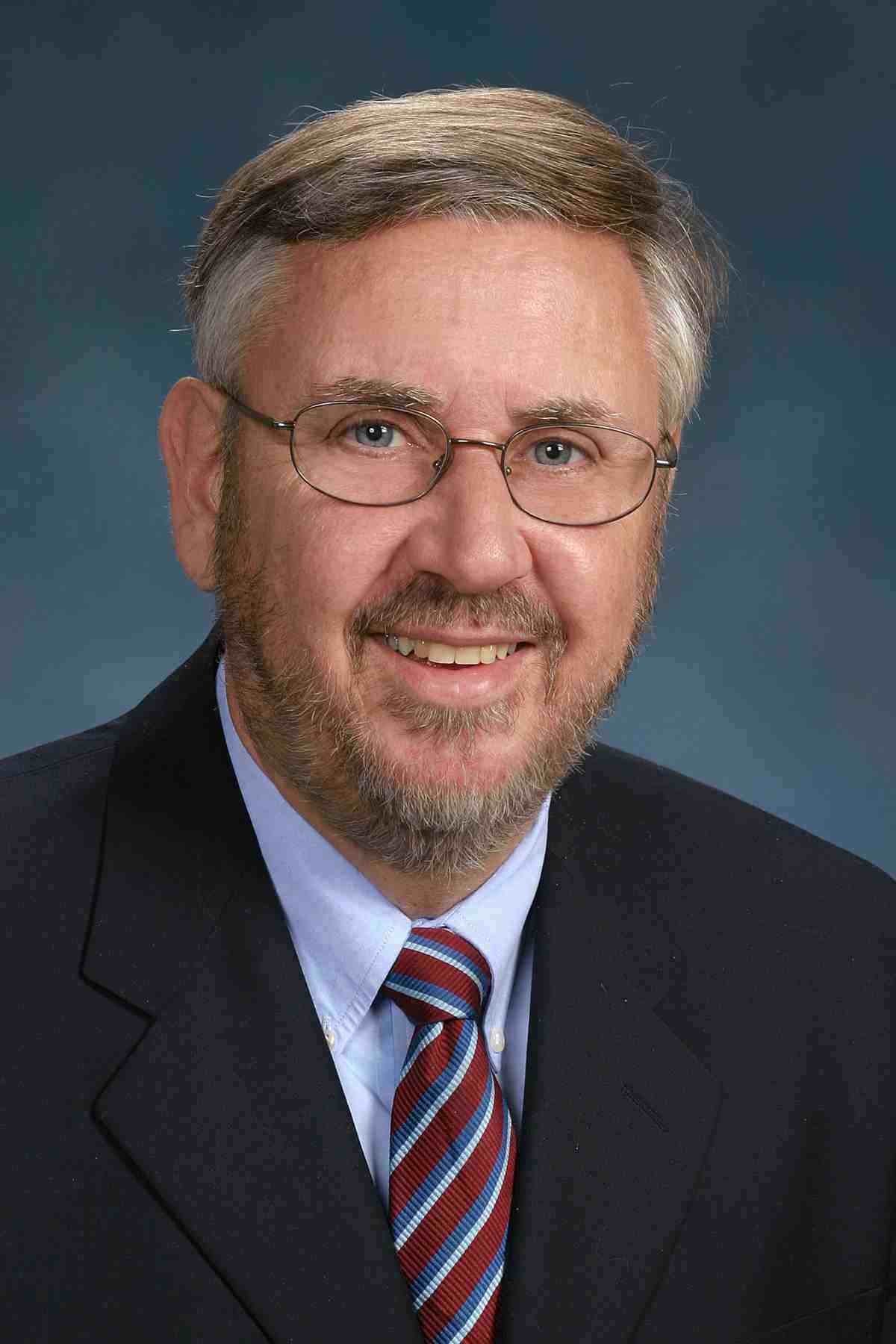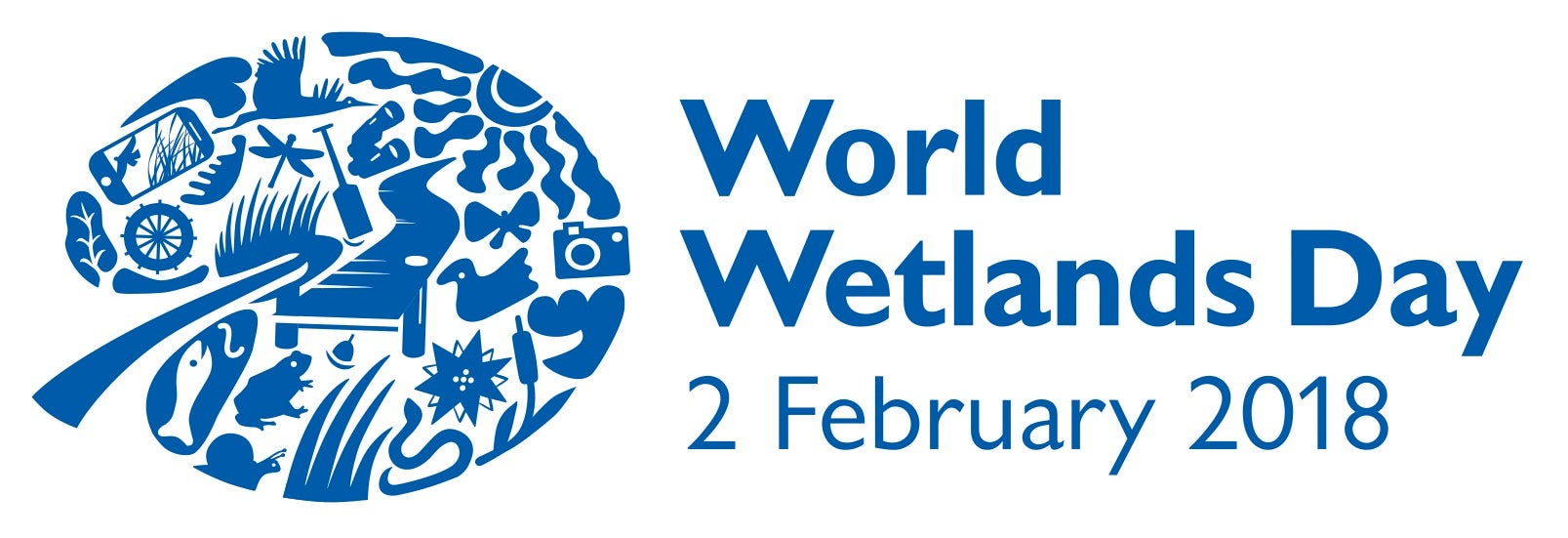World Wetlands Day Public Lecture: Phosphorus and nitrogen and carbon, oh my!


Water Quality in the Great Lakes: A Guided Tour
The 2nd International Summit on Water Environmental Management will be held November 27th, 2017 in Nanjing, China. The Summit will bring together international audiences from academia, government, and industry and will serve as a forum for participants to exchange insights and generate knowledge on sustainable water management and promote international technology cooperation in water.
Dr. Philippe Van Cappellen will present a keynote lecture titled: "Evolving Concepts in Integrated Water Management - Environmental Indicators, Ecosystem Services and Environmental Flows".
The American Geophysical Union (AGU) Fall Meeting is taking place in New Orleans, Louisiana from December 11th to 15th, 2017. Ecohydrology Group researchers, Geertje Pronk, Fereidoun Rezanezhad and Philippe Van Cappellen, organized a session titled “Integrative Approaches to Advance Understanding of Soil and Sediment Biogeochemical Functioning”.
Details about AGU 2017 can be found on the official website.
Dr John Pomeroy will provide an update on the Global Water Futures (GWF) Program, since its inception on September 6, 2016 and its future plans for national and international engagements
Dr. John Pomeroy, Director of the Global Water Futures (GWF) program, will be giving a presentation about GWF. This information session is open to anyone who is interested in learning more about GWF and the latest program activities.
More information about GWF can be found at: https://gwf.usask.ca/

Presentations from local researchers
Three minute student research presentations
Poster session (registration deadline extended to January 26th)
Join Dr. Emily Stanley as she presents "Aquatic Methane at Small and Large Scales", part of the Water Institute's WaterTalks lecture series.
Visit the Water Institute's page for more information.
Please register for the event.
Sustainably producing enough food for the world's growing population is one of this century’s defining challenges. Innovative solutions are needed to increase productivity without further degrading agricultural lands or adversely affecting local and global ecosystems. One promising avenue lies in understanding and managing the soil microbiome, which collectively provides critical ecosystem services that underpin both productivity and sustainability. Management practices that alter the soil environment also alter the soil microbiome.